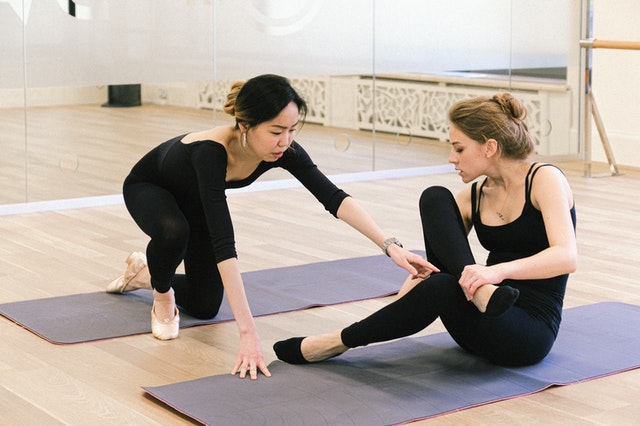Exercise helps you gain muscle, improve cardiovascular health, and, of course, contribute to your overall physique. But did you know that training is just as good for the brain? Playing sports regularly has psychological benefits and plays an essential role in your overall well-being.
What Is The Relationship Between Physical Exercise And Mental Health?
We are living in especially stressful times. Fires, floods, droughts, pandemics… it is more than enough to keep you awake. Did you know that physical exercise is an effective strategy to relieve anxiety naturally? You can play sports to reduce stress, sleep better, and improve cognitive function. Is that how it works.
Sport To Relieve Anxiety Naturally
Depression and anxiety are probably the best-known mental illnesses and the ones that affect the most people. To define what depression is, it is easier to start with what it is not. It is not just about “being sad.” It is a debilitating disease that can have major consequences in the lives of those who suffer from it. And it is important to note that sport and mental health are connected.
Four chemicals impact happiness: serotonin, endorphin, dopamine, and oxytocin. Any imbalance can lead to serious consequences. So to overcome depression, you have to correct this imbalance. Medication prescribed by medical personnel is one of the ways to overcome it (although it often has side effects and can sometimes result in drug abuse). Still, the good news is that something as simple as playing sports can help endorphin production. This is the chemical change in the brain that will increase your sense of well-being and be achieved with just 15 minutes of exercise.
Sport To Reduce Stress
Stress is the body’s reaction to a threatening situation. Over time, the body learns to deal with stress in different ways, some not very healthy, such as sleeping too little, eating too much sugar, etc. Exercise can help you readjust your body to new stress-relieving techniques.
In other words, as your body learns to deal with the stress of a workout, it can use these same methods for other stressful life situations.
According to the American Psychological Association, 62% of adults who exercise or walk for stress relief consider it very or extremely effective.
Physical Exercise To Improve Sleep Quality
Are you one of these people who has a hard time falling asleep? Exercising is one of the most natural remedies for good sleep. We have evidence that exercise does help to fall asleep or fall asleep faster and improve the quality of sleep.
Physical exercise helps improve slow-wave sleep, in other words, sleep that helps the brain to retrieve and build memories of the day’s activities.
Plan workouts according to your body:
Not everyone has to get up before the sun rises to train. If you’re one of those people, consider a pre-workout supplement. For women, there are great reviews of Alani Nu pre-workout. If training in the afternoon is more comfortable for you, do it. You just have to pay attention to the rhythm of your body and give it enough time to recover before going to bed.

Exercise To Improve Cognitive Function
As we age, the body and mind begin to deteriorate – it is simply getting older. Still, there are some things we can do to protect cognitive function and keep the brain young into old age. In addition to eating a healthy diet, good sleep habits, and avoiding substances such as tobacco or alcohol, exercise plays an essential role in keeping the brain young. The interesting thing is to think about how different types of physical activity affect our cognitive function.
Exercise is a decisive factor in improving or maintaining mental health, but there is something else you can do: eat in a balanced way. Recent research suggests that eating a healthy diet can have a significant impact on mental health and well-being.

 There are several principles that a workout must follow to help you achieve your goals. You can increase the effectiveness of your sessions with these tips:
There are several principles that a workout must follow to help you achieve your goals. You can increase the effectiveness of your sessions with these tips:

